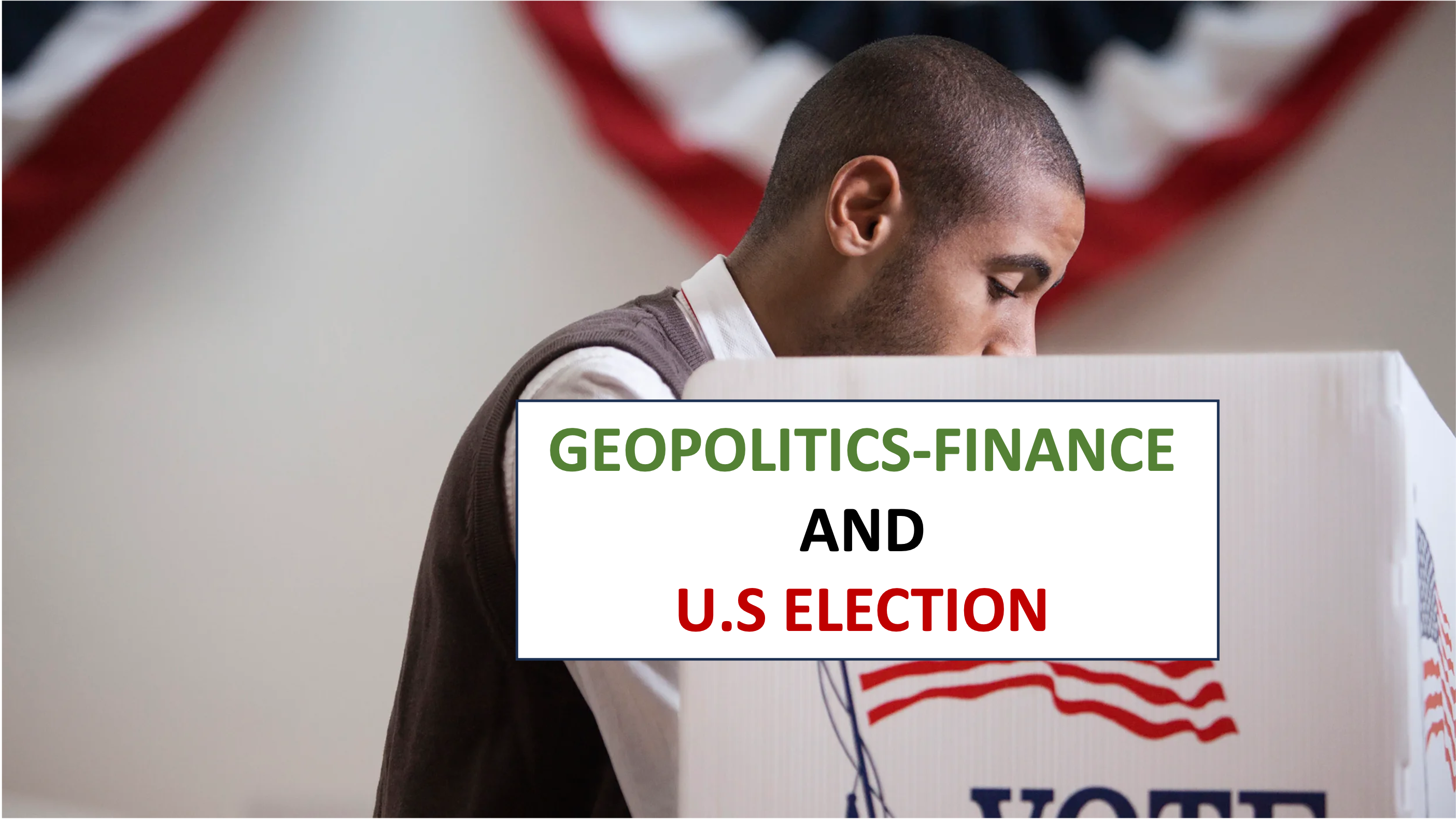

Geopolitics on Finance: Impact of upcoming US election on Financial Markets
Every four years, the United States holds its presidential election, earning attention worldwide as this decision of the American people is likely to dictate global politics for the next four years. Our bipartisan political system pits two extreme viewpoints against one another, resulting in extreme changes throughout our country. We will examine the financial changes due to the United States Presidential Election in today's founders' thoughts.
Historical Market Performance
Historically, financial markets follow a similar pattern every 4 years. They start by becoming volatile because of the uncertainty associated with electing a new president in the months leading up to the election. Then, once a president is chosen, the market rallies because a decision has been made, and it is a little easier to predict what the future will hold. However, the market generally rallies higher if the elected president is in the same party as the Incumbent, as this signals stability and control for the American people. Finally, specific sectors may perform differently depending on the policy agenda of the elected president. For example, the oil and natural gas industries are likely to perform well if a Republican is elected and drop if a Democrat is elected because Republicans continue to support the harvesting of fossil fuels.
Key Factors Influencing Markets
With changes in administration, policy shifts arise as change is needed to address people’s needs. Many of these policies, including tax changes, healthcare reforms, and trade agreements, can significantly change the outlook for certain companies. For example, shifts in trade agreements could directly affect companies that target international customers or are dependent on global resources. Different administrations also take different approaches to regulations in specific industries, such as pharmaceuticals, which could directly impact certain companies. Finally, each political party has a different approach to the economy, which may sway investor’s confidence in markets. For example, Democrats are known for heavy government spending, while Republicans are known for cutting taxes.
Investor Strategies
Acknowledging that elections will bring volatility in markets in the months preceding them, investors can prepare by diversifying their portfolios to hedge against possible risk. Ultimately, it would benefit investors to analyze and predict the portions of the market that may benefit or suffer with the changes of administrations and act accordingly through trades.